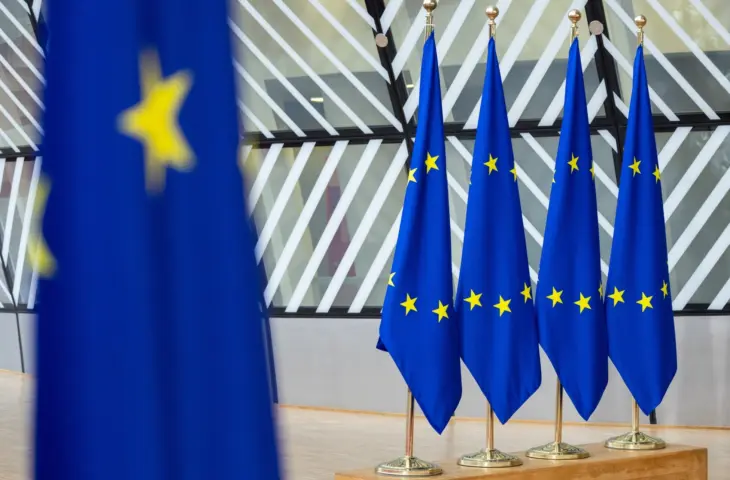In response to aggressive import tariffs by the US on European products, Europe is also looking at services in search of an answer. Countermeasures could be aimed at technology giants.
After President Trump launched a salvo of import tariffs in the US, the EU is considering a response. This is a complex exercise, as the tariffs Trump imposes are based on far-fetched assumptions and fictitious figures about alleged (but usually non-existent) levies from the EU and almost all other countries in the world. Europe preferably doesn’t want a trade war with the US, but has already indicated that it will not simply surrender to American measures.
Sophie Primas, spokesperson for the French government, has already revealed the EU’s cards. She indicated that there could be an attack on services, including online services. There are no concrete plans yet, but technology giants such as Google, Apple, Meta, Amazon and Microsoft could be potential targets. Primas indicates that the measures should be part of a European response that all member states support.
The EU could also scrutinize the current procurement rules and change the role American companies can and may play in them. Europe wants to have a clear answer ready by the end of April. For clarity, a negotiated solution with the US, where common sense prevails, is still preferred.
Balancing Act
The EU is in a difficult position. In theory, the large technology giants are interesting targets for countermeasures. They would be noticeable in the US, including among their CEOs who have actively aligned themselves with President Trump to some extent. Moreover, protectionist countermeasures have the potential to spark interest in local alternatives.
However, the EU is very focused on free trade, including with the US, and European companies have developed digitally without really taking this scenario into account. Cloud is often synonymous with Microsoft Azure, Google Cloud and Amazon Web Services. Too large an attack on these services threatens to affect European companies themselves.
read also
European Tech Sector Calls for Action on Digital Sovereignty
President Trump is not losing sleep over the adverse impact of his tariffs on his own economy, but the EU presumably wants to take that into account. Countermeasures on services must walk a fine line, because at this moment there is no realistic possibility for European companies to simply replace their American service providers with European ones. Calls to reduce American dependency come too late for this scenario.
